The tools are: AWS GuardDuty, Azure Defender, GCP Security Command Center, Prisma Cloud, Wiz, Lacework, and Orca Security, which provide threat detection, compliance, workload protection, and IAM.
Cloud Security Solutions: Why It’s Essential for Modern Businesses in 2025
- Nitin Yadav
- Knowledge
About
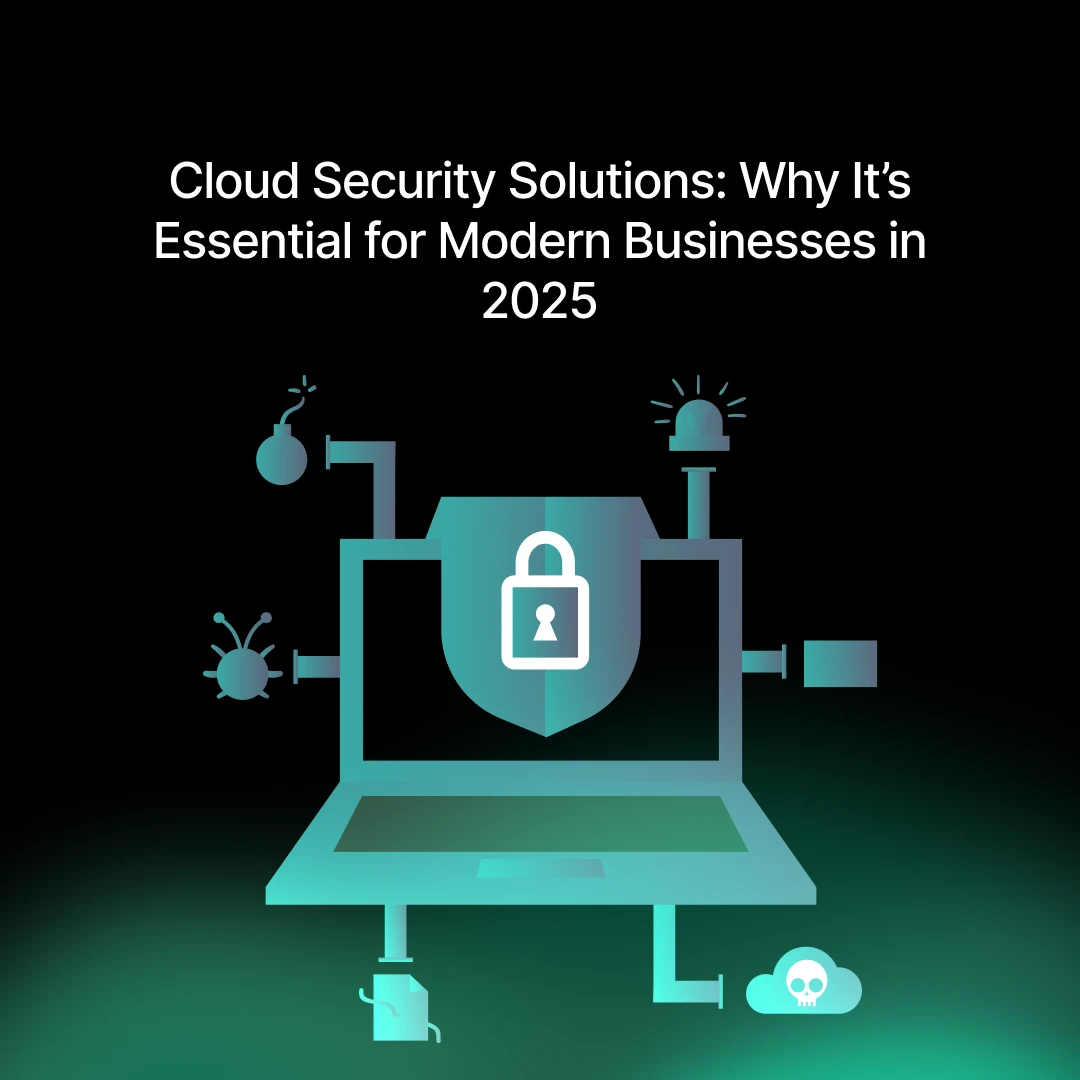
Cloud security in 2025 is essential for protecting data, ensuring compliance, and preventing breaches across modern cloud-first business environments.
Industries
- AWS Cloud Security, Cloud Compliance, Cloud Security 2025, Cloud Security Solutions, DevSecOps Best Practices, Threat Detection Tools
Share Via
Introduction
In 2025, companies are incredibly dependent on the cloud. Cloud computing fuels everything from customer applications and internal tools to large-scale data processing, both for startups and global enterprises. But along with this shift comes an immediate challenge: protecting cloud environments against a rapidly evolving threat landscape.
The truth is that well-established cloud security has become mandatory. With increasing data breaches, ransomware attacks, and regulatory pressures, modern businesses need to invest in cloud security solutions that will allow them to protect their infrastructure, secure customer data, and maintain customer trust.
This article examines why cloud security is important, the dangers of operating without it, and what solutions work for businesses to make it resilient and compliant in 2025.
What Are Cloud Security Solutions?
Cloud security solutions include the technologies, tools, and best practices used to secure cloud infrastructure, applications, and data from unauthorized access, theft, and other threats.
These solutions may include:
- Encryption of data (both at rest and in transit)
- Risk detection and incident response
- Monitoring and reporting on compliance
- DevSecOps practices
- Security of workloads and containers
Cloud security tools may be native to the cloud provider, such as AWS, Azure, or GCP, or they may be third-party platforms that provide centralized management across multi-cloud environments.
Why Cloud Security Is Important for Modern Businesses
Businesses today are cloud-first, running applications in public, private, and hybrid clouds. While this provides flexibility and scalability, it also adds complexity and therefore potential security weaknesses.
Why Cloud Security Is Non-Negotiable in 2025
- Growing Attack Surface: Multi-cloud deployments, remote teams, and API integrations create more potential entry points for attackers.
- Increase in Data Breaches and Ransomware: Cloud environments store vast amounts of sensitive data, making them prime targets for cybercriminals.
- Regulatory Requirements: Compliance frameworks such as SOC 2, HIPAA, ISO 27001, and GDPR require strict security and data protection standards.
- Confusion Around Shared Responsibility: Companies often assume cloud providers handle all security aspects. While providers secure the infrastructure, customers are responsible for securing data, identities, configurations, and access.
- Downtime and Brand Reputation: Security incidents result in expensive downtime, legal exposure, and loss of customer trust often worse than the breach itself.
Top Threats from an Unsecured Cloud Environment
Without a security strategy, organizations risk exposure to various threats, including:
- Misconfigured services (e.g., open S3 buckets, exposed ports)
- Overly permissive access policies and IAM role misuse
- Limited visibility into cloud logs and activity
- Unencrypted sensitive data
- Lack of monitoring for suspicious activity
- DevOps hygiene issues, such as weak container security, embedded secrets, and unpatched infrastructure
These challenges often go unnoticed until a breach occurs by then, it’s too late.
Best Practices for an Ideal Cloud Security Solution
To be effective, cloud security solutions should cover various layers and workflows:
Identity & Access Management (IAM)
- Implement role-based access control (RBAC)
- Enforce least privilege
- Require multi-factor authentication (MFA)
- Conduct regular audits
Encryption
- Encrypt data at rest (S3, RDS, EBS) and in transit (TLS)
- Securely manage keys with AWS KMS and Azure Key Vault
Threat Detection & Incident Response
- Use AWS GuardDuty and third-party tools to detect suspicious behavior
- Set up alerts and automated responses
Compliance Automation
- Use AWS Config, Security Hub, or Prisma Cloud for compliance monitoring
- Automate audit and certification reporting
Policy Enforcement
- Implement policy-as-code tools (OPA, Sentinel) for governance
DevSecOps Integration
- Integrate security scanning into CI/CD pipelines
- Validate code, infrastructure, and configurations before deployment
Types of Cloud Security Solutions
There is no one-size-fits-all approach to cloud security. Here are potential tools for different environments, team sizes, and compliance needs:
Cloud Provider-Native Tools
- AWS: IAM, GuardDuty, Config, Security Hub, WAF & Shield
- Azure: AD, Key Vault, Security Center
- Google Cloud: IAM, Security Command Center, Cloud Armor, Confidential Computing
Third-Party Security Platforms
- Wiz: Agentless security for misconfiguration and vulnerability detection
- Palo Alto Prisma Cloud: Cloud-native application protection
- Orca Security: Deep workload scanning with rich context
- Lacework: Behavioral threat detection
- Check Point CloudGuard: Multi-cloud security and compliance
SIEM and Extended Detection Tools
- Splunk
- Microsoft Sentinel
- Datadog Security Monitoring
Business Outcomes of Cloud Security
A strong cloud security strategy leads to:
- Better consumer trust (especially for SaaS, fintech, and healthcare)
- Quicker compliance (SOC 2, HIPAA, ISO 27001)
- Reduced downtime and incident response costs
- Increased deterrence against cyberattacks
- Faster, safer product delivery
How SquareOps Provides Cloud Security From Start to Finish
At SquareOps, we specialize in addressing cloud security challenges for startups, SMBs, and enterprises with secure, agile, and scalable cloud infrastructure.
Our Key Offerings:
- Security Posture Assessment: Identify misconfigurations, access risks, and compliance gaps
- IAM and Access Governance: Implement least privilege and federated access
- Threat Detection & Monitoring: Real-time detection with SIEM tools, alerting, and auto-remediation
- Compliance Automation: SOC 2, HIPAA, and GDPR readiness with AWS Config, Prisma, and reporting automation
- DevSecOps Implementation: Container scanning, IaC analysis, policy-as-code, and secrets management
Conclusion
Cloud security is no longer a technical concern it’s a strategic imperative. Businesses must act now to defend their cloud environments against downtime, breaches, and reputational damage.
By integrating the right cloud security solutions with DevSecOps practices, and partnering with SquareOps, you can achieve the protection and agility required to scale confidently. Contact SquareOps to secure your cloud environment today.
Frequently asked questions
What are Cloud Security Solutions?
Cloud security solutions are tools and best practices to protect cloud-based infrastructure, applications, and data from threats like breaches, misconfigurations, unauthorized access, and data loss. These are IAM, encryption, compliance automation, threat detection, and DevSecOps integration.
Why Cloud Security is Important for Modern Businesses?
Cloud infrastructure is the go-to method that modern businesses turn to achieve agility and scalability. Without adequate security, they face the risk of data breaches, compliance violations, downtime, and damage to their reputation all of which can result in financial loss and legal exposure.
What are the major threats in the cloud?
The majority of these threats included misconfigured resources (e.g., open S3 buckets), IAM misuse, insufficient encryption, unsecured APIs, insider threats and insufficient monitoring/alerting.
What is the shared responsibility model in Cloud Security?
The cloud provider is responsible for securing the cloud infrastructure (the actual hardware, storage, network, etc.) and the customer is responsible for securing his data, access controls, applications, and configurations in the cloud (e.g., AWS, Azure, GCP).
What is Zero Trust Architecture and how does it work on the Cloud?
In essence, Zero Trust means do not trust any user or system by default. Its compulsory identity verification and access control make it suitable for cloud environments, where services are more distributed and dynamic.
Why is DevSecOps beneficial for Cloud Security?
DevSecOps provides security in a development and deployment pipeline. It scans for vulnerabilities automatically, enforces policies as code, and makes sure that infrastructure and applications are secure before going live.
What are some related cloud security tools to consider?
How do I know if my cloud infrastructure is secure?
You can perform a security posture assessment, enable continuous monitoring, implement compliance audits, and review IAM policies, logging, and threat detection systems to evaluate your infrastructure’s security.
What regulations require cloud security compliance?
Depending on your industry and region, you may need to comply with SOC 2, HIPAA, ISO 27001, PCI DSS, and GDPR, all of which mandate strict controls over data security, access, and logging.
How can SquareOps help with cloud security?
SquareOps offers end-to-end cloud security services including infrastructure audits, IAM governance, DevSecOps implementation, real-time threat detection, and compliance enablement for AWS, Azure, and GCP.
Related Posts
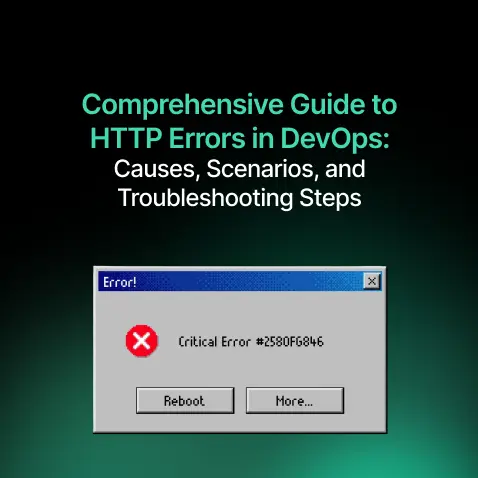
Comprehensive Guide to HTTP Errors in DevOps: Causes, Scenarios, and Troubleshooting Steps
- Blog
Comprehensive guide for DevOps on HTTP errors: causes, scenarios, and troubleshooting tips, covering status codes, SSL issues, CORS, timeouts, and server misconfigurations.
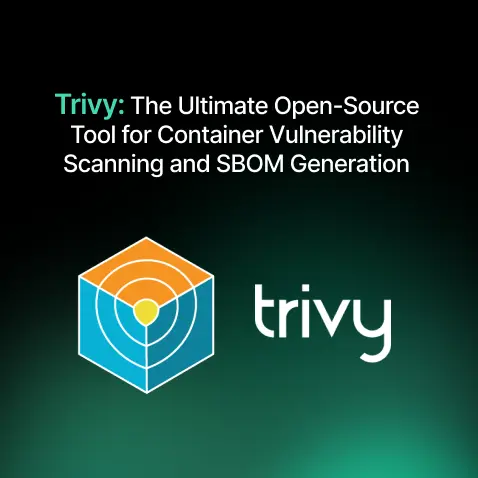
Trivy: The Ultimate Open-Source Tool for Container Vulnerability Scanning and SBOM Generation
- Blog
Explore Trivy: a fast, open-source tool for container vulnerability scanning and SBOM generation. Learn how it secures DevOps pipelines with ease and transparency.
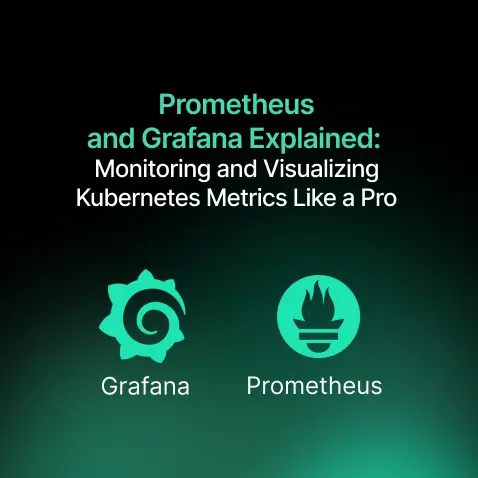
Prometheus and Grafana Explained: Monitoring and Visualizing Kubernetes Metrics Like a Pro
- Blog
Set up Prometheus and Grafana for real-time monitoring and visualization in Kubernetes environments. Learn step-by-step configuration and best practices for DevOps success.
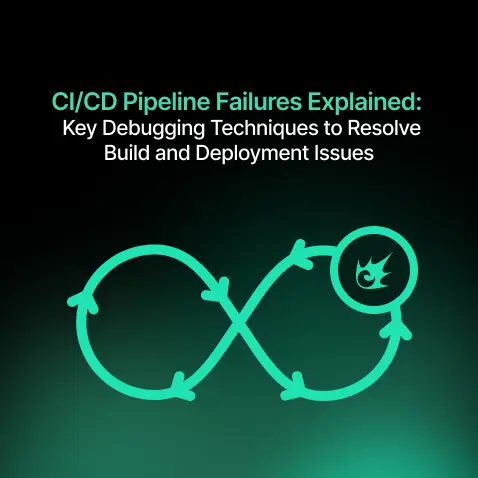
CI/CD Pipeline Failures Explained: Key Debugging Techniques to Resolve Build and Deployment Issues
- Blog
Learn how to identify and fix CI/CD pipeline failures—from environment mismatches to flaky tests—with practical solutions for reliable, efficient DevOps workflows.
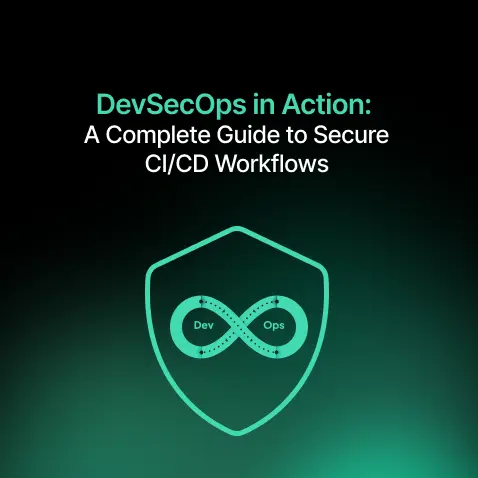
DevSecOps in Action: A Complete Guide to Secure CI/CD Workflows
- Blog
DevSecOps integrates security into CI/CD pipelines, enabling early threat detection, compliance, and resilient infrastructure through automated security practices.
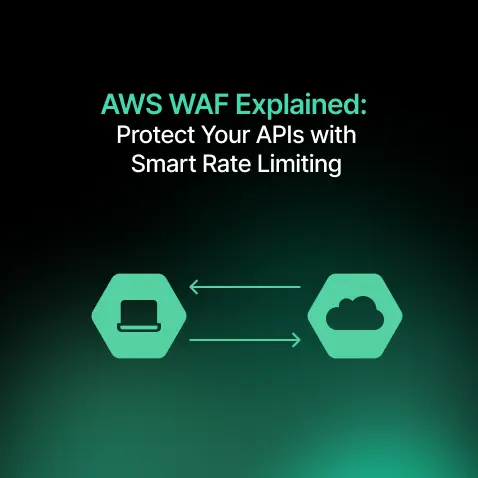
AWS WAF Explained: Protect Your APIs with Smart Rate Limiting
- Blog
AWS WAF protects web apps by filtering malicious traffic, blocking threats like SQL injection & XSS, and enabling custom rules, rate limits, and real-time monitoring.

